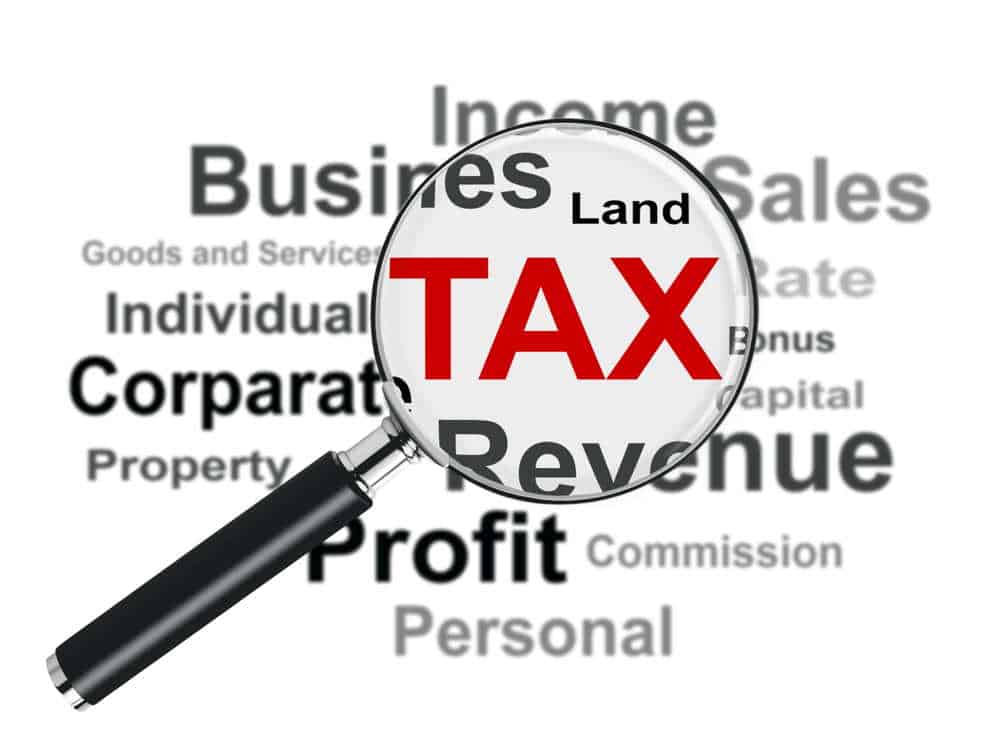Puerto Rico has opened up its Act 20 program by eliminating the 5 employee requirement. Any U.S. citizen can now move to Puerto Rico, set up a business under Act 20, and pay only 4% in corporate tax. By eliminating the 5 employee requirement for Act 20 businesses, Puerto Rico has opened the floodgates.
Note that this article on Puerto Rico eliminating the 5 employee requirement is based on a law change signed on July 11, 2017. For a detailed review of all the changes, see Changes to Puerto Rico’s Act 20 and Act 22.
First, a quick review of Puerto Rico’s Act 20.
If you move yourself and your business to Puerto Rico, you can exchange your U.S. tax rate of 40% (including your state tax) for Puerto Rico’s Act 20 rate of 4%. To qualify, you must be moving a service business to the territory, one that can provide a service from Puerto Rico to persons and companies outside of Puerto Rico.
You’ll pay 4% tax on corporate profits earned on income generated from work done in Puerto Rico. That is to say, you pay 4% on Puerto Rico sourced income…on the earnings and profits from work performed in Puerto Rico.
4% is your corporate tax rate payable on net business income. Net income is after you pay yourself a reasonable salary. Most pay themselves $50,000 to $100,000, which is taxed at ordinary rates by Puerto Rico (not the United States).
For this reason, Puerto Rico’s Act 20 is best for those earning $250,000 or more. If you’re netting $100,000 or less, you can use the Foreign Earned Income Exclusion to pay zero tax on your business income. The bottom line is that the more you earn, the better Puerto Rico’s Act 20 is. For more, see Panama vs. Puerto Rico.
In order to qualify for Puerto Rico’s Act 20, you must spend 183 days a year on the island and become a resident of the territory. This is much easier than the FEIE, which requires you spend 330 out of 365 days a year offshore, at least in the first year.
Puerto Rico Eliminates 5 Employee Requirement
When Puerto Rico’s Act 20 was first passed in 2012, you had to hire a minimum of 3 employees. Then, in December of 2015, the minimum number of employees was increased from 3 to 5. As of July 2017, there is no employee requirement anymore.
Remember that only Puerto Rico sourced income qualifies for Act 20’s 4% tax rate. Since Puerto Rico sourced income is earnings and profits from work performed in Puerto Rico, all Act 20 companies must have at least 1 employee…someone must be on-site, doing the work and generating the profits.
Eliminating the 5 employee requirement opens the doors of Puerto Rico to any portable business. Even a one-man affiliate marketer, or a one-woman online publisher/SEO maven, can set up in PR and cut his or her taxes from 40% to 4% overnight. Grab your laptop and get your rear to Puerto Rico immediately!
Experience the Insider community that takes your international lifestyle to the next level. Download your FREE guide
"18 Steps to Implementing Your Plan B" instantly!
New Risks of Act 20 in 2017
I should point out that eliminating the 5 employee requirement for Puerto Rico’s Act 20 can lead to abuse. You know someone will try to work from the U.S. and hire a secretary in Puerto Rico for $10 an hour as his 1 employee.
His Act 20 company might be approved by Puerto Rico, but he’ll get crushed by the IRS. Again, for the third time, Puerto Rico sourced income is earnings and profits from work done in Puerto Rico. Likewise, U.S. sourced income is earnings and profits from work performed in the United States.
In the above hypothetical, 99% of the effort to create the income will be done in the U.S., with a very small amount attributable to the employee in Puerto Rico. The IRS is sure to look at these arrangements very closely and assess all kinds of interest and penalties.
Remember that, when you move to Puerto Rico, you must follow the tax laws of Puerto Rico and the United States.
For this reason, I suggest any business owner with less than 5 employees in Puerto Rico should move to the island. You should spend 183 days in the territory and become an employee of your Puerto Rican Act 20 company.
If you move yourself and your business to Puerto Rico, it’s fine if you’re the only employee. If all work is done by you, a resident of Puerto Rico, all income is Act 20 eligible. If you live in the United States and operate a division in Puerto Rico, a much more in-depth analysis must be undertaken.
Getting Money Out of a Puerto Rico Act 20 Company
Dividends from a Puerto Rico Act 20 company are tax-free when paid to a PR resident. This means you’ll pay zero tax on these distributions. You’ll pay ordinary rates on your salary, 4% on your corporate profits, and zero on dividends from your Act 20 company.
And we’re not talking about tax deferral here. Puerto Rico’s Act 20 gets you tax-free distributions. You will never pay U.S. tax on this income. Even when you shut down the business and move back to the U.S., you pay zero to Uncle Sam.
For more information, or to speak with us about moving your business to Puerto Rico, you can reach me at (619) 550-2743 or at info@premieroffshore.com. All consultations are free and confidential.
Like Our Articles?
Then make sure to check out our Bookstore... we have titles packed full of premium offshore intel. Instant Download - Print off for your private library before the government demands we take these down!







